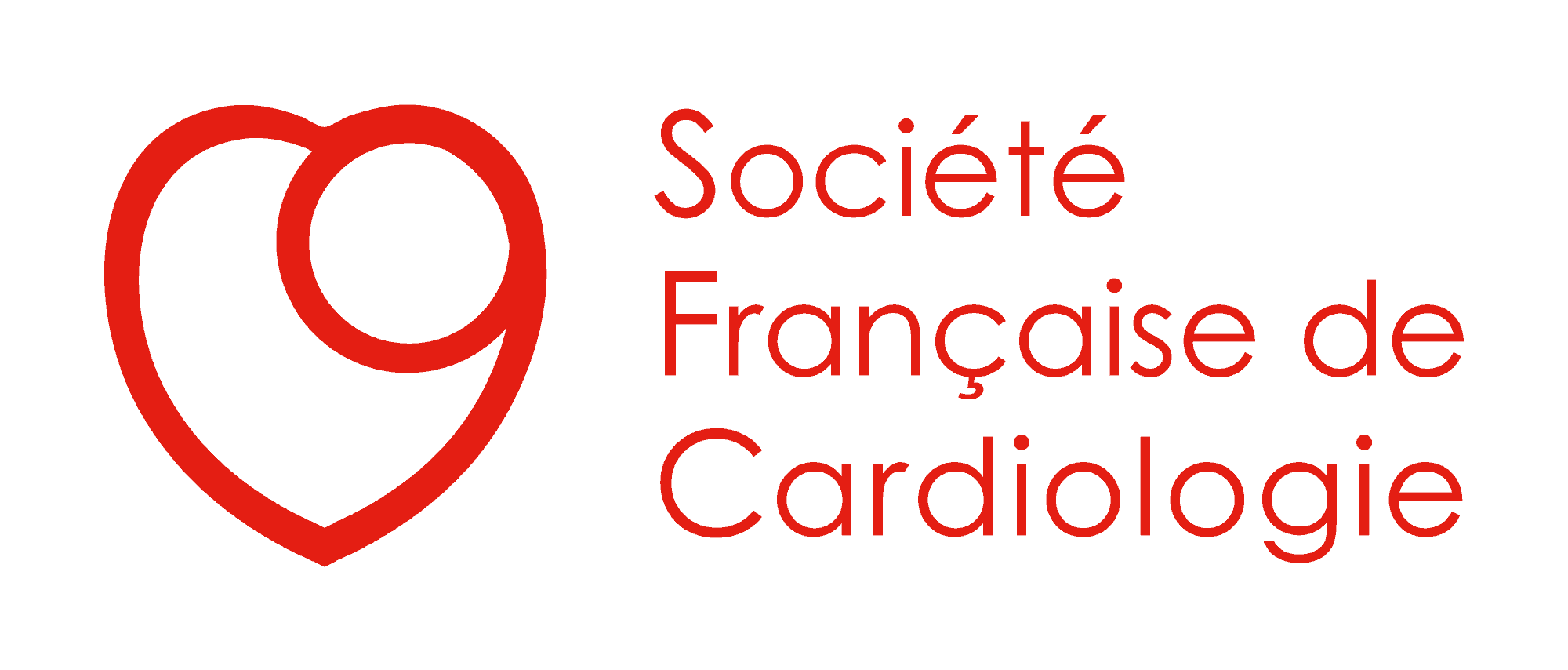Suivez-nous sur les réseaux sociaux !
Découvrez les propositions des experts de la SFC émises à partir d’une revue de la littérature et de leur expérience, autour de sujets d’actualité n’ayant pas fait l’objet de recommandations précises.
Voici un aperçu rapide des sujets abordés dans cette publication :
Dernières publications
Publications
Expert consensus – Care of the hyperglycaemic/diabetic patient during and in the immediate follow-up of an acute coronary syndrome
Voici un aperçu rapide des sujets abordés dans cette publication :
Consensus d’experts de la Société Francophone du Diabète (SFD) et de la Société Française de Cardiologie (SFC)
Vergès B, Avignon A, Bonnet F, Catargi B, Cattan S, Cosson E, Ducrocq G, Elbaz M, Fredenrich A, Gourdy P, Henry P, Lairez O, Leguerrier AM, Monpère C, Moulin P, Vergès-Patois B, Roussel R, Steg G, Valensi P (Diabetes and Cardiovascular Disease study group of the SFD [Société Francophone du Diabète], in collaboration with the SFC)
Introduction
Type 2 diabetes is a major risk for cardiovascular morbidity and mortality (1,2). The increased risk for coronary artery disease is already present at mildly elevated levels of blood glucose still below the threshold for diabetes (3-5). The prevalence of diabetes or abnormal glucose metabolism is very high in patients presenting with an acute coronary syndrome (ACS). Indeed, among patients hospitalized for an ACS, 30% to 40% have diabetes, 25% to 36% show impaired fasting glucose (IFG) or impaired glucose tolerance (IGT) and only 30% to 40% have normal glucose tolerance (6-9). In addition, the prognosis after an ACS is impaired in diabetic patients (9). Thus diabetes care during and in the immediate follow-up of an ACS is an important issue. So far, recommendations on diabetes treatment during an ACS are limited. There is clearly a lack of specific guidelines with regard to glucose management in ACS patients. There is no consensus statement on the use of non-insulin treatments during and in the immediate follow-up of an ACS. Furthermore, cardiologists have no clear recommendations on when to refer a patient to a diabetologist/diabetology team during and following an ACS. In addition, in patients presenting with an ACS, without previously known diabetes but with hyperglycaemia, there is a need for a clear diagnostic pathway for the diagnosis and the management of abnormal glucose metabolism (IFG/IGT) and diabetes.
For these reasons the Diabetes and Cardiovascular Disease study group of the SFD (Société Francophone du Diabète), in collaboration with the SFC (Société Française de Cardiologie), has decided to set up a consensus statement on the « Care of the hyperglycaemic/diabetic patient during and in the immediate follow-up of an acute coronary syndrome ». The aim was to write a consensus statement with regard to the hyperglycaemic/diabetic patient at different times of an ACS (the Intensive Care Unit [ICU] period, the post-ICU period and the short-term follow-up after discharge including cardiac rehabilitation), embracing all of the different diagnostic and therapeutic issues and optimizing the collaboration between cardiologists and diabetologists. We have used for this consensus, the recommendation grades according to the French HAS;
- Level A: established scientific proof (based on high quality randomized comparative trials or meta-analysis of randomized control trials),
- level B: scientific hypothesis (based on low quality randomized comparative trials, well-run non randomized comparative studies or cohort studies)
- and level C: low level of proof (based on case-control studies) (10).
Table of contents
- Introduction
- Screening for glucose metabolism disorders in patients with an acute coronary syndrome
- Diabetes care in cardiology intensive care unit
- Diabetes care during the post intensive care unit hospitalization
- Diabetes care during cardiac rehabilitation
- Nutrition /Diet
- Referral to a diabetologist
Date de mise à jour du document : 2013
Publication endossée par la Commission Documents de Consensus
Cette commission de la SFC a pour objectif de superviser et contrôler la préparation des documents scientifiques ou d’autres documents tels que les consensus d’experts ou prises de position.
Partagez cet article :
Partagez cet article :
Written by : SFC
Plus de publications de la SFC

CARDIOLOGIE PÉDIATRIQUE The Impact of Fontan Circulatory Failure on Heart Transplant Survival: A 20-Center [...]

CARDIOLOGIE PÉDIATRIQUE Three-dimensional echocardiography in adults with congenital heart disease: a scientific statement of [...]



